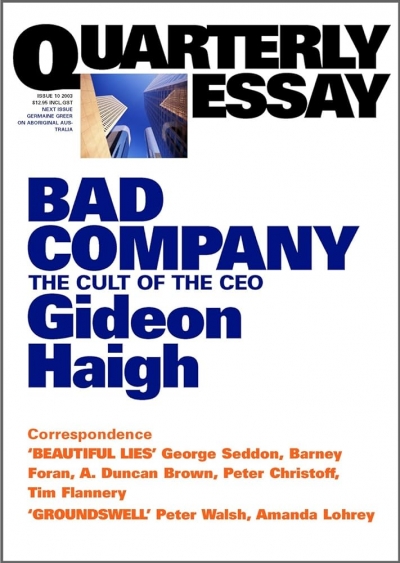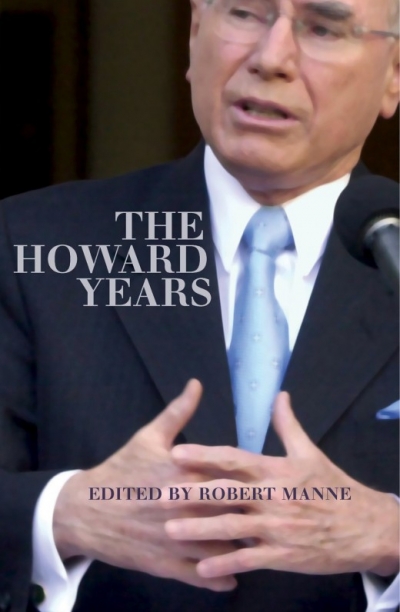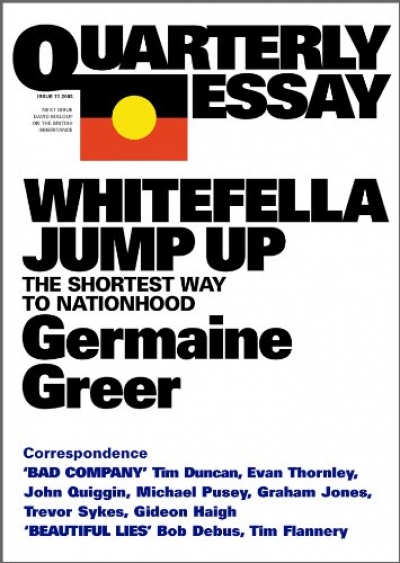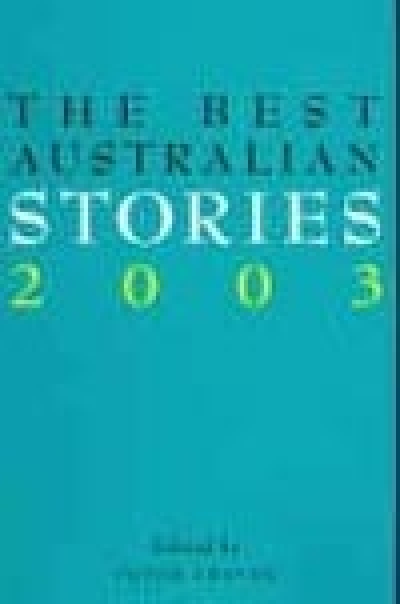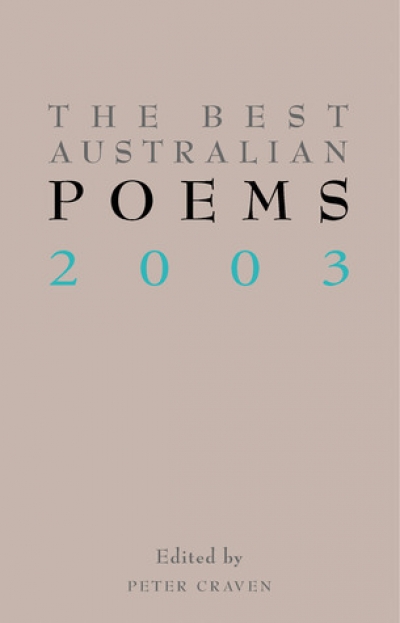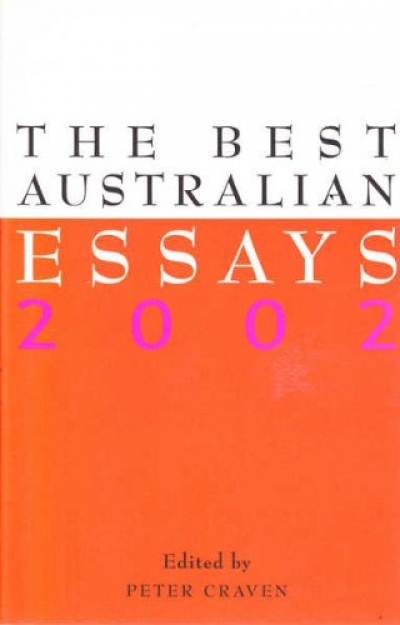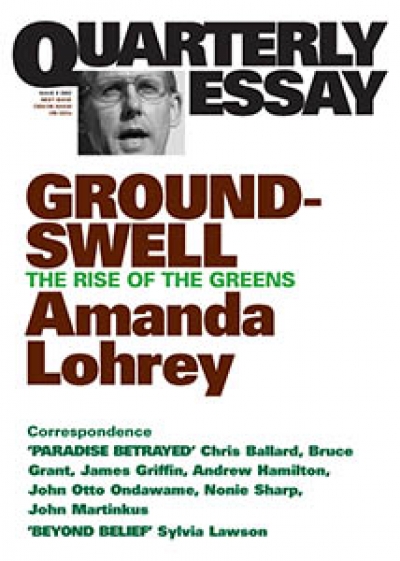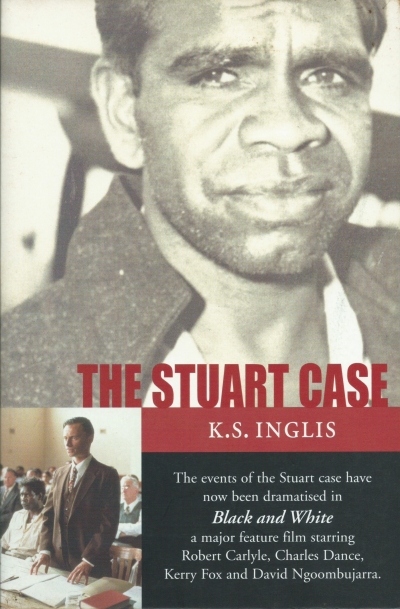Black Inc
Sign up to Book of the Week and receive a new review to your inbox every Monday. Always free to read.
Recent:
Bad Company by Gideon Haigh & The Big End of Town by Grant Fleming, David Merrett and Simon Ville
by Richard Walsh •
The Best Australian Essays 2003 edited by Peter Craven
by Chris Wallace-Crabbe •
Whitefella Jump Up by Germaine Greer & Made In England by David Malouf
by Morag Fraser •
The Best Australian Stories 2003 edited by Peter Craven & Secret Lives edited by Barry Oakley
by Kerryn Goldsworthy •
The Best Australian Poems 2003 edited by Peter Craven & The Best Australian Poetry 2003 edited by Martin Duwell
by David McCooey •
The History Wars by Stuart Macintyre and Anna Clark & Whitewash edited by Robert Manne
by Tony Birch •


